Does my baby have GER or GERD?
Most infants spit up frequently, and these events are known as Gastroesophageal Reflux (GER). GER occurs when stomach contents (undigested or digested formula) pass up into the esophagus (the tube that connects the mouth to the stomach) during or after a meal. More than half of all babies experience reflux. It usually begins at 2 weeks of life and peaks at 4 to 5 months of life. Most infants who spit up are healthy and sometimes referred to as “happy spitters,” even though it might not seem like they are all too happy about it at the time. Even the tiniest spit up can cause quite a large mess and requires patience. Going through the stage of GER with your baby can be exhausting and stressful. Fortunately, most babies will outgrow reflux by 12 to 18 months of age.
When GER leads to troublesome symptoms and/or complications, we call it Gastroesophageal Reflux Disease (GERD). An infant with GERD may experience:
- Coughing, choking or gagging
- Fussiness during or after feeding
- Arching away from bottle/nipple
- Difficult sleeping
- Nasal congestion or noisy breathing occurring soon after or during eating
Occasionally, a baby with GERD can develop serious complications. Alarm symptoms to watch for are poor weight gain (due to inability to hold down enough food or feeding refusal) and breathing problems (such as wheezing or recurring pneumonia).
Fortunately, serious GERD complications are rare. The vast majority of babies have uncomplicated GER.
What causes GER?
Because your baby’s diet is mostly liquid, it is easy for stomach contents to reflux up the esophagus. Up until 6 months of age, the length of your baby’s esophagus is short and the stomach is small. So milk feeds are easily regurgitated up. There is a ring of muscle at the bottom of the esophagus, which opens and closes like a trap door, allowing food to enter the stomach and preventing the food from regurgitating back up into the esophagus. This ring of muscle is called the Lower Esophageal Sphincter (LES). In infants, this sphincter is not as strong as that in older children. The LES can transiently open allowing regurgitation of stomach contents into the esophagus.
What is the safest sleep solution for my baby with reflux?
There are many myths and misconceptions out there when it comes to sleeping position. Here are four sleep safety tips from the American Academy of Pediatrics (AAP):
- Back to sleep – even with reflux! Back sleeping is the best way to reduce the risk for SIDS and is the recommended position until babies can roll over fully on their own – even for babies with reflux.
- Placing your baby in a semi-inclined position does NOT make reflux better! In 2019, the U.S. Consumer Product Safety Commission (CPSC) and Fisher-Price issued a recall of 4.7 million Rock’n Play infant sleepers following reports of over 30 infant deaths. Death was associated with infants turning over while sleeping in these inclined sleepers leading to an increased risk of suffocation and strangulation. The AAP does NOT recommend letting infants sleep in inclined products that require restraining a baby. AAP policy calls for infants to sleep on their back, on a separate, flat and firm sleep surface without any bumpers, bedding or stuffed toys.
- Gadgets are not recommended. There are many gadgets that are marketed for treating reflux. Wedges and sleep positioners are not needed and although these are sometimes marketed to reduce the risk of SIDS, research is lacking.
- Avoid devices designed to maintain head elevation in the crib! Elevating the head of a baby’s crib is NOT effective in reducing GERD. It’s also not safe as it increases the risk of the baby rolling to the foot of the bed or into a position that may cause a serious breathing problem. This recommendation is supported by the AAP and North American Society of Pediatric Gastroenterology, Hepatology and Nutrition (NASPGHAN) and European Society for Pediatric Gastroenterology, Hepatology and Nutrition (ESPGHAN).
Will antacids help GER?
No randomized placebo-controlled trials have identified significant differences in symptom improvement (including symptoms such as crying, arching, cough, visible regurgitation, vomiting) with antacid vs placebo. NASPGHAN does not suggest the use of antacids/alginates for GER treatment.
How to prevent mild reflux?
Here are five tips to reduce mild reflux:
- Hold your baby in upright position during feeding. Continue to keep your baby upright after feeding up to one hour.
- Overfeeding can aggravate reflux. Try smaller volume with more frequent feeding sessions.
- Frequently burp your baby your baby for a few minutes during feeding.
- Avoid tight fitting clothing around your baby’s tummy.
- Handle your baby gently and try to refrain from jiggling within the first hour after a meal. Avoid bathing and do not change your baby’s diaper within the first hour after a meal.
What about managing more severe reflux?
Here are a few ideas to discuss with your doctor to help manage more severe reflux:
- Babies who have cow milk protein allergy may experience similar symptoms of GERD. Consider a 2-week cow milk elimination trial. Breastfeeding moms can avoid ingestion of cow’s milk in their diet to avoid any traces of it in breastmilk. Ask your doctor about a hypoallergenic formula trial.
- Thickened feeding may improve slightly the occurrence of regurgitation and spit up. For formula thickening, use rice cereal with low or no arsenic. You will not be able to thicken breastmilk with rice cereal since it will be digested by amylases found in breastmilk. Discuss with your doctor the safety profile for various commercial thickeners. Carob bean thickeners are approved for use in infants after 42 weeks’ gestation.
- If your baby is having trouble gaining weight, feedings with higher calorie content or tube feeding may be recommended.
Take Home Message about GER and GERD in infants
- The majority of infants do NOT experience problems from reflux.
- More than 50% of babies spit up regularly in the first months of life.
- Reflux usually peaks at 4 – 5 months of life and stops by 12 – 18 months.
- Spitting up crosses the line into GERD when the infant develops troublesome symptoms.
- Rarely, serious complications of GERD can lead to weight loss or significant respiratory difficulty.
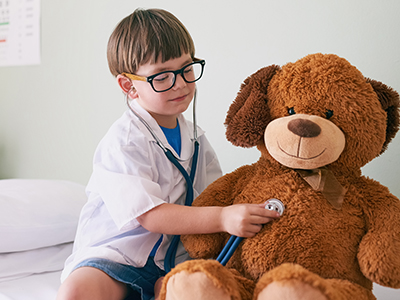 https://riseandshine.childrensnational.org/wp-content/uploads/2019/02/Little-boy-listenting-to-heartbeat-of-stuffed-bear-feature.jpg
300
400
Rise and Shine
https://riseandshine.childrensnational.org/wp-content/uploads/2017/11/childrens_riseandshine_logo.jpg
Rise and Shine2024-02-01 14:28:222024-02-12 11:35:25What parents need to know about congenital heart disease
https://riseandshine.childrensnational.org/wp-content/uploads/2019/02/Little-boy-listenting-to-heartbeat-of-stuffed-bear-feature.jpg
300
400
Rise and Shine
https://riseandshine.childrensnational.org/wp-content/uploads/2017/11/childrens_riseandshine_logo.jpg
Rise and Shine2024-02-01 14:28:222024-02-12 11:35:25What parents need to know about congenital heart disease


 Catherine Chao, MD, is a pediatric gastroenterologist at the Pediatric Specialists of Virginia.
Catherine Chao, MD, is a pediatric gastroenterologist at the Pediatric Specialists of Virginia.

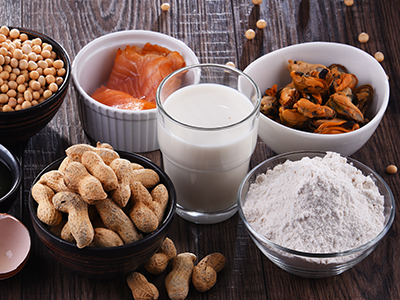
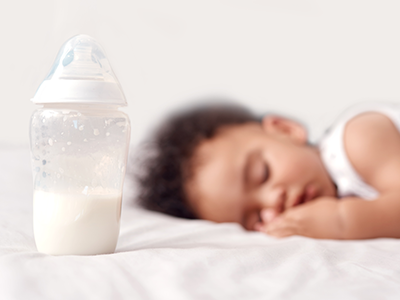



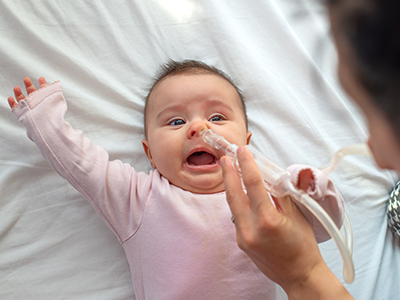



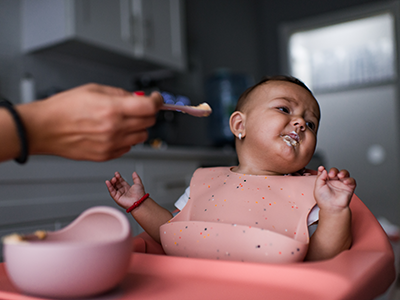
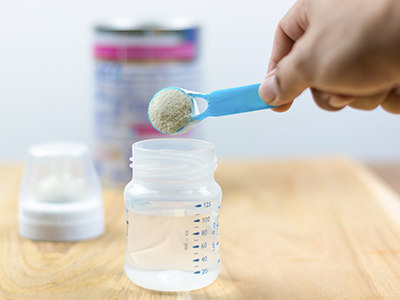
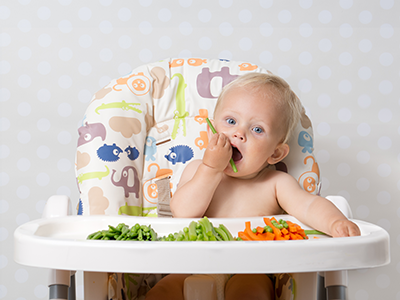





Leave a Comment
Want to join the discussion?Feel free to contribute!